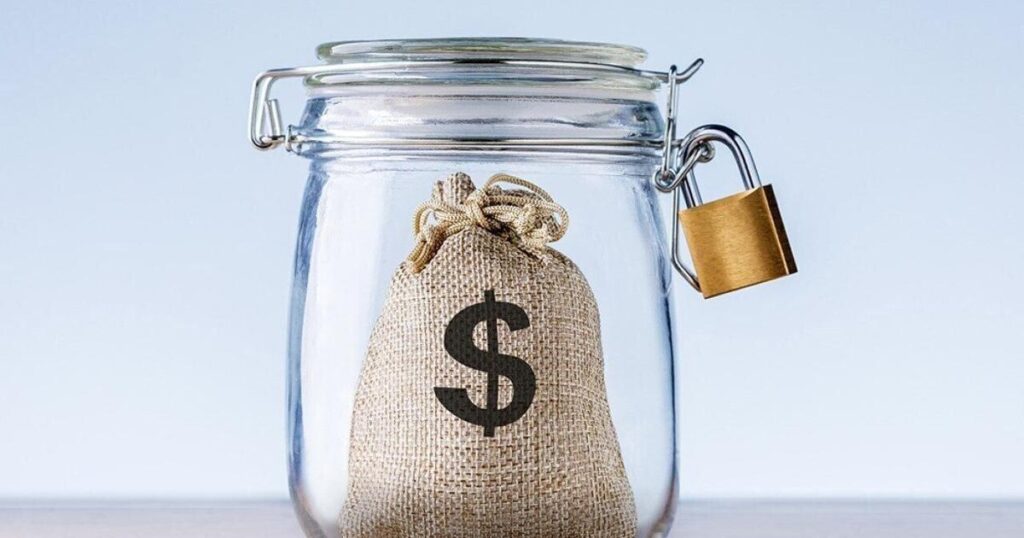To the Rescue: Why You Need an Emergency Fund Now
Amidst record stock market highs and uncertain economic times, the importance of having an emergency fund cannot be overstated. While it may not seem urgent when everything is going well, the reality is that a significant percentage of individuals lack the financial cushion to handle unexpected expenses.
A recent survey by financial information website Bankrate revealed that 54% of Americans do not have enough savings to cover three months’ worth of expenses, with a staggering 24% having no emergency savings at all. This lack of preparedness can have dire consequences when faced with financial challenges.
According to Christine Benz, a personal finance expert at Morningstar, having an emergency fund provides invaluable peace of mind. It ensures that unforeseen financial burdens do not derail your long-term financial plans or force you to resort to unfavorable financing options like credit cards.
The Importance of Planning Ahead
While the need for an emergency fund may not be immediate, proper planning is essential to ensure financial stability in the face of adversity. Setting aside small amounts regularly is a practical approach to building up this financial safety net.
Marguerita Cheng, CEO of Blue Ocean Global Wealth, recommends automating your savings by setting up recurring transfers from your income to your emergency fund. Starting with even modest contributions, such as $50 per pay period, can gradually accumulate into a substantial reserve over time.
Building a Strong Financial Buffer
Financial experts advise aiming for an emergency fund equivalent to at least 3-6 months’ worth of living expenses. For high earners, older individuals, or sole providers with dependents, a reserve covering up to a year’s expenses may be more appropriate.
Research indicates that individuals who save a minimum of $2,000 experience a significant sense of financial security, while those who accumulate 3-6 months’ expenses report even higher levels of confidence in their financial stability.
To maximize the growth of your emergency fund, consider high-yield savings accounts that offer competitive interest rates, potentially exceeding 4%. Additionally, recent legislation like the federal SECURE 2.0 Act allows penalty-free withdrawals from retirement funds in emergency situations, further bolstering financial resilience.
Securing Your Financial Future
Regardless of where you choose to allocate your emergency savings, the fundamental importance of this financial buffer cannot be overstated. It serves as a primary line of defense, ensuring that your financial plans remain on track and providing a sense of security during uncertain economic times.
Establishing an emergency fund is not just about preparing for the worst-case scenario but also about empowering yourself to navigate financial challenges with confidence and resilience. By taking proactive steps today, you can safeguard your financial well-being and sleep soundly, knowing that you are prepared for whatever financial storms may lie ahead.
Originally published on [Source], part of the [Publisher].


